Unlocking the Potential of High-Dose CBD and CBG for Neural and Visionary Health
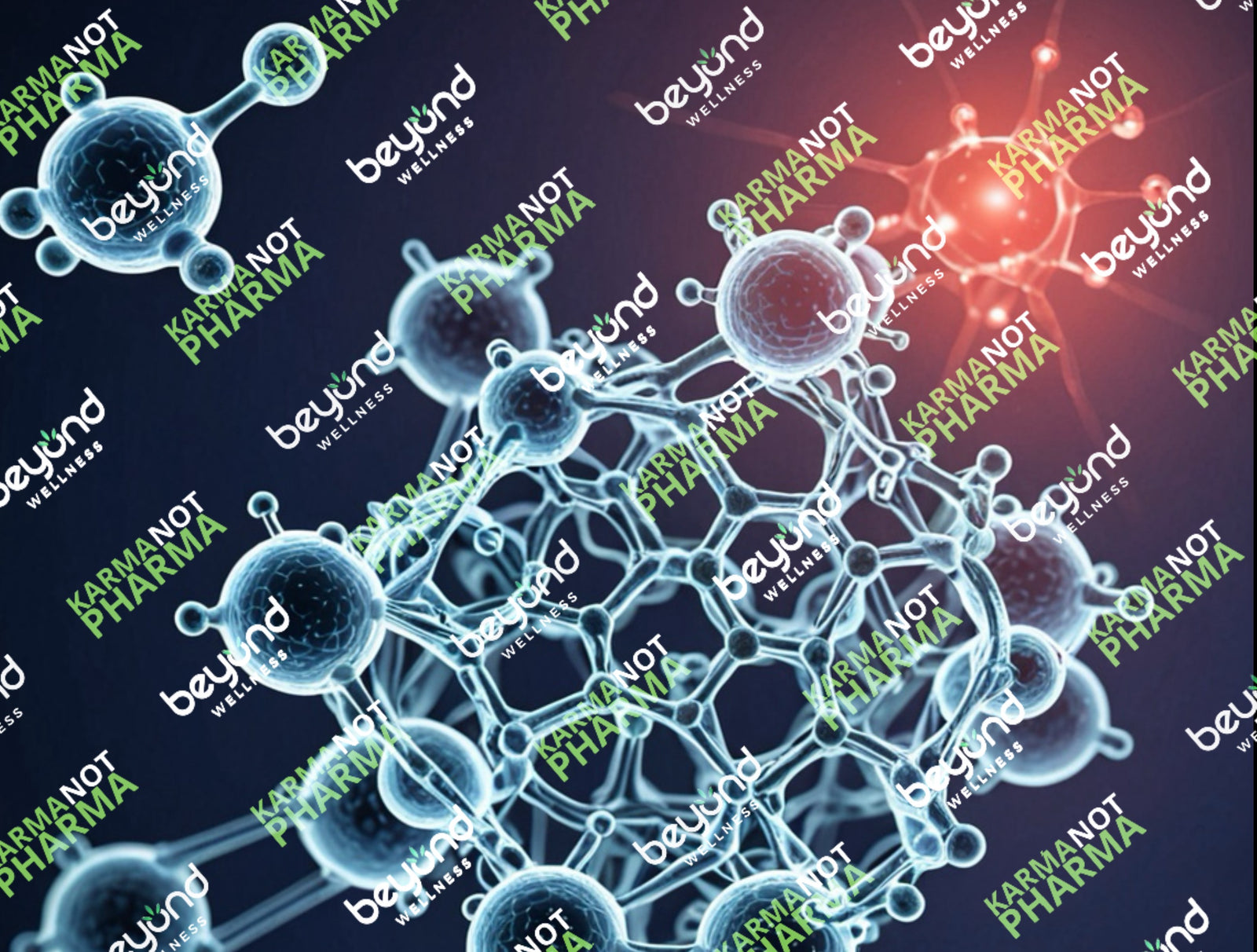
Unlocking the Potential of High-Dose CBD and CBG for Neural and Visionary Health
Cannabidiol (CBD) and cannabigerol (CBG) are increasingly studied for their therapeutic applications in neurological and vision-related conditions. While lower doses (20–300 mg/day) are effective for mild to moderate symptoms, emerging research suggests high doses (600–1000 mg/day) may provide amplified benefits for certain conditions. Let’s dive into the science supporting these high-dose treatments and their specific applications.
Neurological Conditions
- High-Dose CBD for Epilepsy
- FDA Approval Insights: Epidiolex, the only FDA-approved CBD medication, often utilizes doses up to 20 mg/kg/day. For a 70 kg adult, this equates to 1400 mg/day. Studies show such high doses significantly reduce seizure frequency in patients with Dravet Syndrome and Lennox-Gastaut Syndrome.
- Neurodegenerative Disorders
- Alzheimer’s Disease: In preclinical models, doses exceeding 600 mg/day of CBD were found to significantly reduce neuroinflammation and oxidative stress, thereby slowing disease progression.
- Huntington’s Disease: CBG at high concentrations (~10 mg/kg, extrapolated to ~700 mg/day in humans) has shown promise in protecting neuronal integrity and reducing oxidative damage.
- Parkinson’s Disease: Clinical trials have reported that CBD doses up to 1000 mg/day can improve motor function and non-motor symptoms like sleep disturbances and anxiety.
- Traumatic Brain Injury (TBI) and Stroke
- Recovery Support: High-dose CBD (up to 1000 mg/day) has been associated with enhanced neurogenesis, reduced blood-brain barrier damage, and improved recovery metrics post-TBI or stroke.
- Neuropathic Pain
- Pain Pathway Modulation: High doses of CBD (up to 600 mg) provide stronger analgesic effects by desensitizing pain receptors and modulating TRPV1 channels.
- Mental Health: Anxiety, Depression, and PTSD
- Anxiety Relief: A study on public speaking anxiety demonstrated that 600 mg of CBD was significantly more effective than lower doses or placebo. This dose directly interacts with serotonin receptors to provide anxiolytic effects.
- PTSD and Trauma: Patients with PTSD reported reduced flashbacks and anxiety with CBD doses between 600–1000 mg/day, linked to reduced amygdala hyperactivity.
Vision-Related Conditions
- Glaucoma
- Intraocular Pressure (IOP) Reduction: While typical doses of CBG lower IOP, high doses (~700 mg/day) show stronger protective effects on the optic nerve, reducing degeneration.
- Retinitis Pigmentosa and Macular Degeneration
- Photoreceptor Protection: High-dose CBG (~600 mg/day) has demonstrated neuroprotection in degenerative retinal models, preserving photoreceptor function.
- Diabetic Retinopathy and Optic Neuropathy
- Retinal Protection: CBD doses as high as 800 mg/day reduce retinal inflammation and vascular damage, preserving visual acuity in diabetic models.
Summary of Findings
High-Dose CBD (600–1000 mg/day):
- Epilepsy: Reduced seizures and enhanced quality of life.
- Neurodegenerative Disorders: Slows progression in Alzheimer’s, Parkinson’s, and Huntington’s diseases.
- TBI and Stroke Recovery: Promotes neurogenesis and reduces inflammation.
- Mental Health: Significantly reduces anxiety, PTSD symptoms, and depression.
- Vision Conditions: Protects retinal cells, reduces intraocular pressure, and preserves vision in degenerative diseases.
High-Dose CBG (~600–1000 mg/day):
- Glaucoma and Retinal Health: Strong neuroprotection for optic nerves and photoreceptors.
- Huntington’s Disease: Reduces oxidative stress and protects against neurodegeneration.
Explore Further with Peer-Reviewed Sources
- CBD for High-Dose Seizure Control
- High-Dose CBG in Neurodegeneration
- CBD in Anxiety Relief
- High-Dose Cannabinoids in Vision Health
High doses of CBD and CBG, when used under medical supervision, offer substantial therapeutic benefits for challenging conditions. While these doses may not be suitable for everyone, they open new avenues for advanced cannabinoid-based therapies. Always consult a healthcare professional before initiating high-dose cannabinoid treatments.





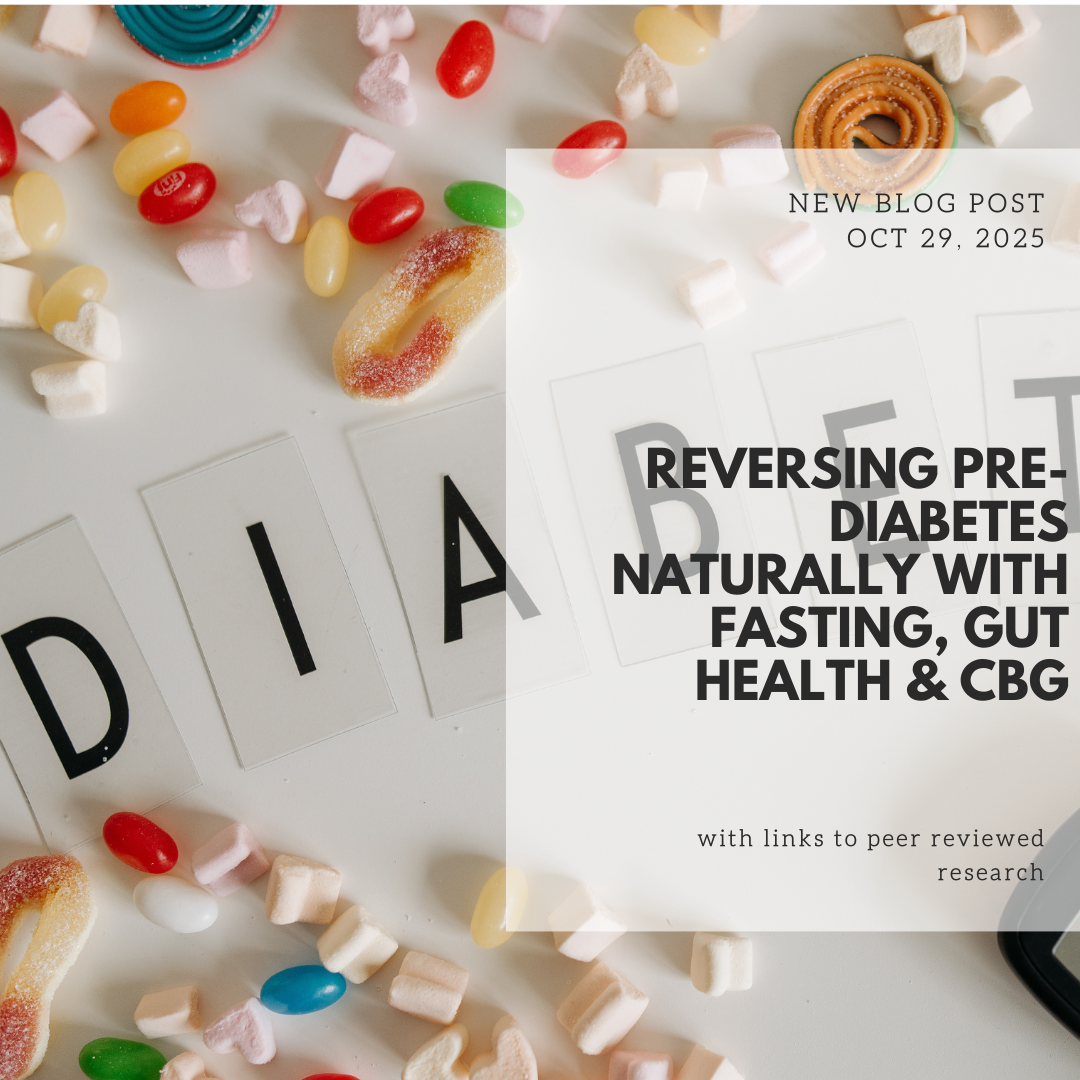
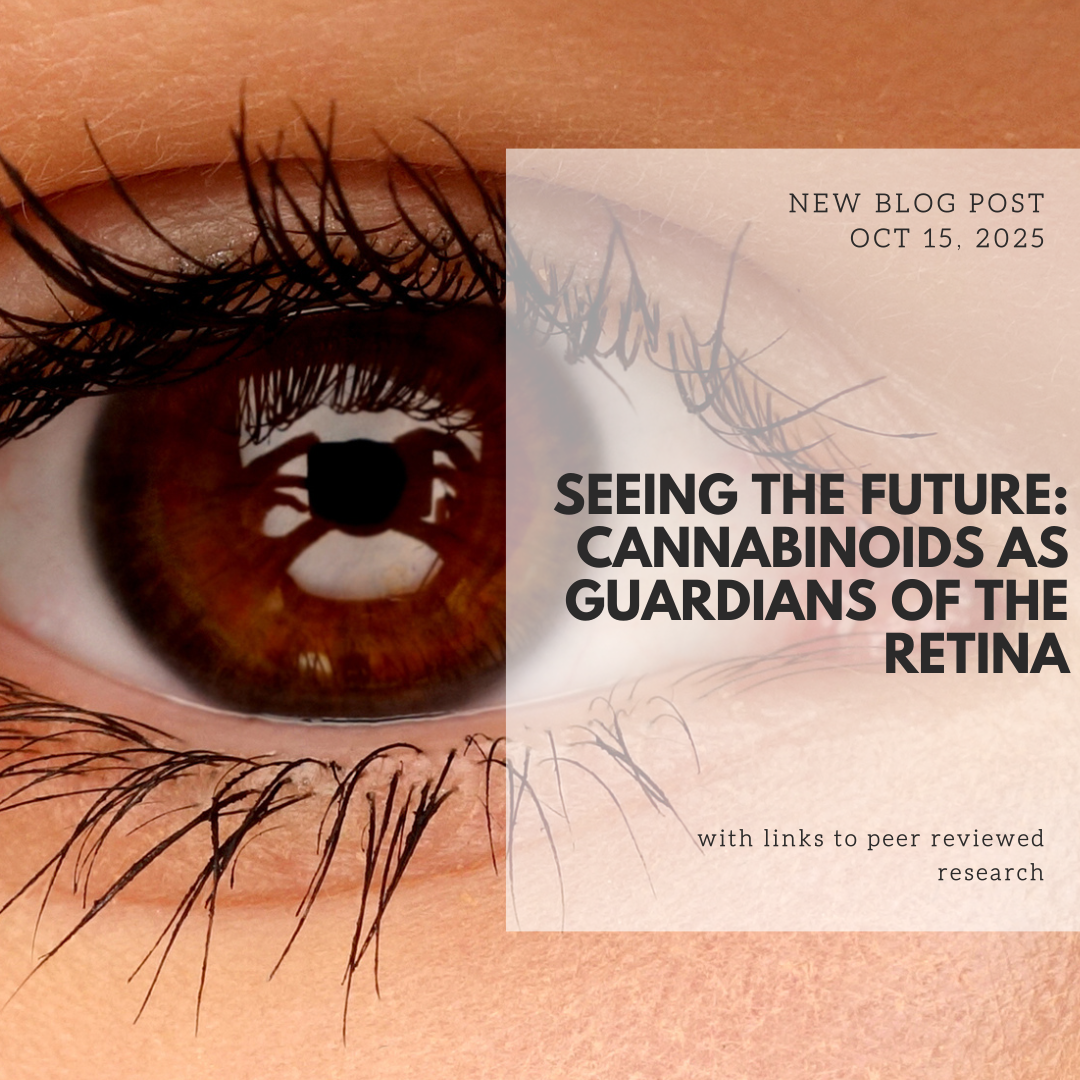
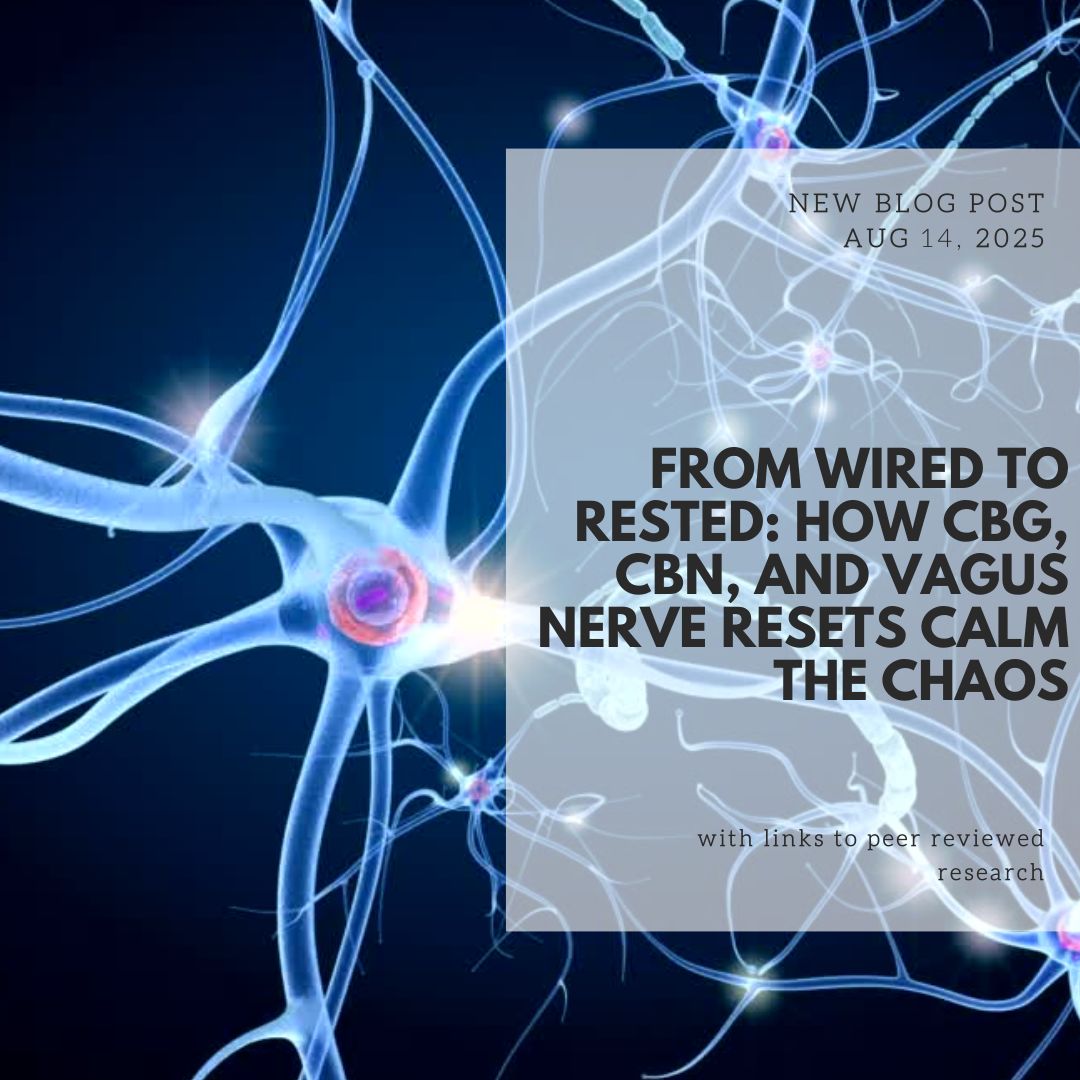
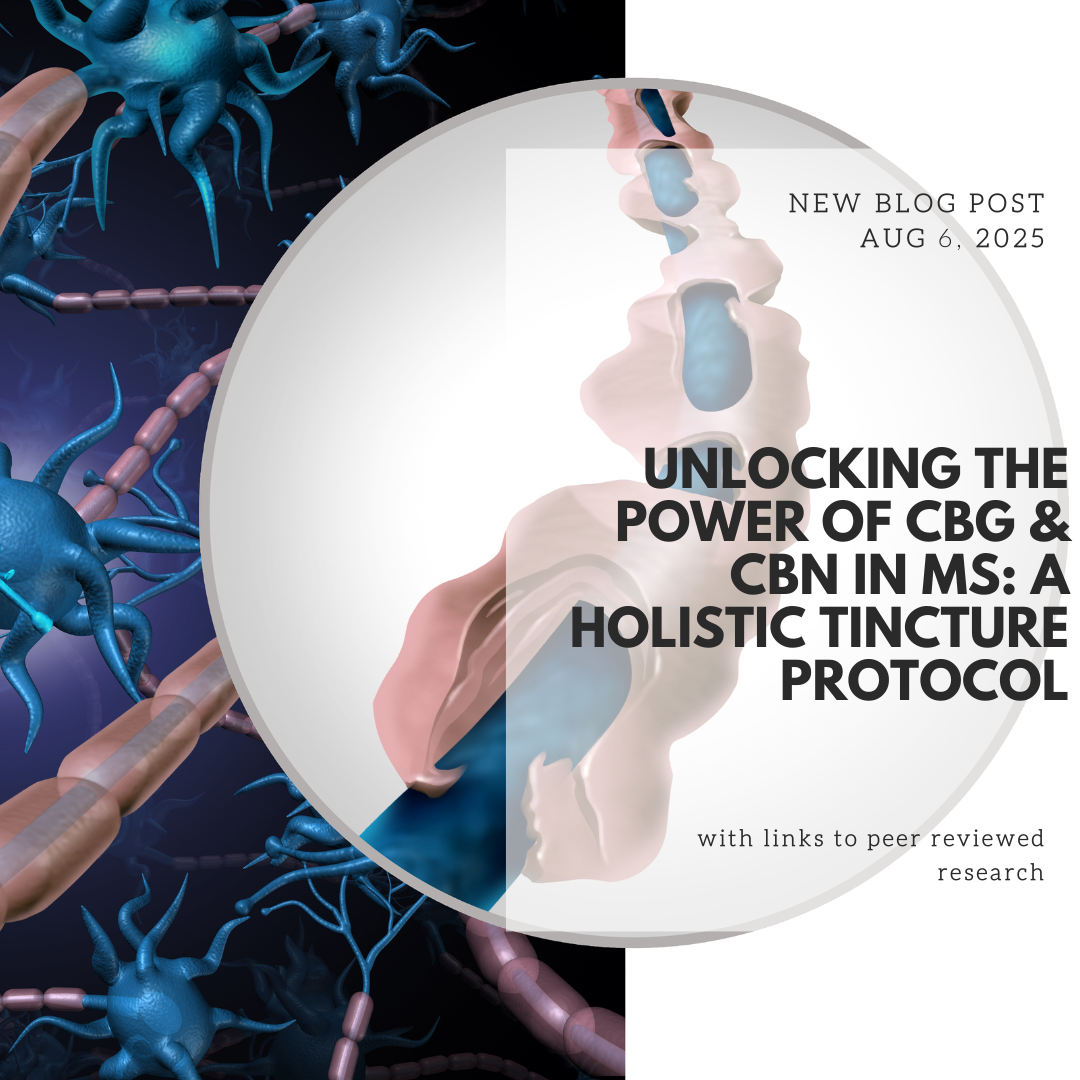



Leave a comment